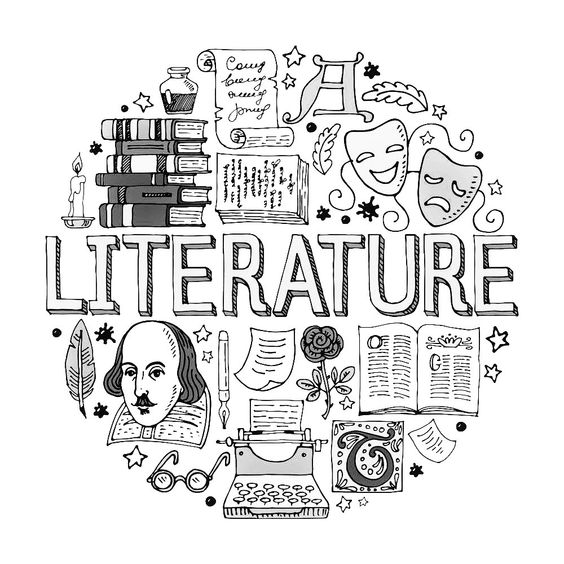Introduction
Literature, as a reflection of human thought and creativity, has evolved over the centuries, giving birth to various literary periods. Each period brought its unique styles, themes, and literary techniques, capturing the essence of its time. This article delves into ten significant literary periods, exploring their defining characteristics and the impact they had on society and culture.
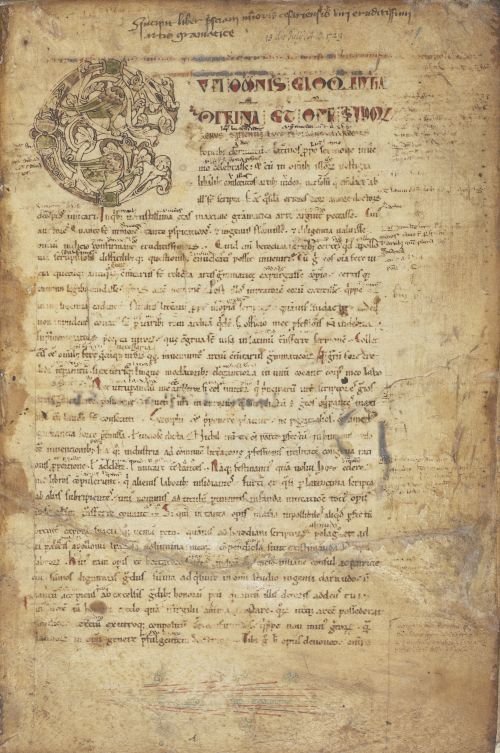
1. Ancient Literature (3000 BCE – 500 CE):
Ancient Literature encompasses the earliest recorded works of human civilization. From the epic poems of Mesopotamia, such as “The Epic of Gilgamesh,” to the mythologies of ancient Egypt, and the philosophical treatises of ancient Greece and Rome, this period laid the foundation for storytelling and intellectual thought.
Significance: Ancient Literature served as a cultural bridge connecting ancient societies, preserving their beliefs and histories through written texts etched on clay tablets, papyrus scrolls, and stone monuments.
2. Classical Literature (500 BCE – 500 CE):
The Classical Literature period primarily revolves around the literary achievements of ancient Greece and Rome. Works like Homer’s “Iliad” and “Odyssey,” Virgil’s “Aeneid,” and the philosophical dialogues of Plato and Aristotle exemplify the greatness of this era.
Significance: Classical Literature has had a profound impact on Western culture and its literary canon, shaping the foundation of various literary genres, storytelling techniques, and theatrical traditions.
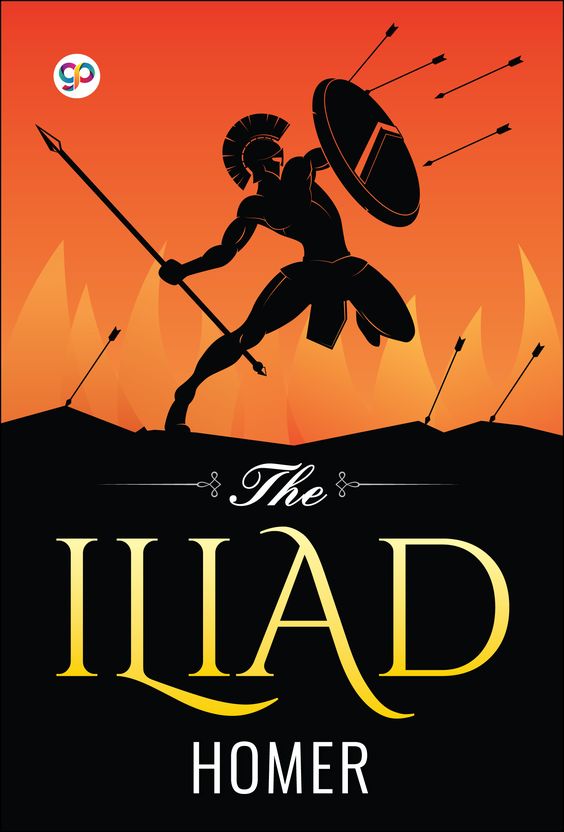
3. Medieval Literature (5th – 15th century):
Medieval Literature emerged during the Middle Ages, featuring religious and chivalric themes. The period witnessed the creation of epic poems like “Beowulf,” the Arthurian legends of King Arthur and the Knights of the Round Table, and Dante Alighieri’s “Divine Comedy.”
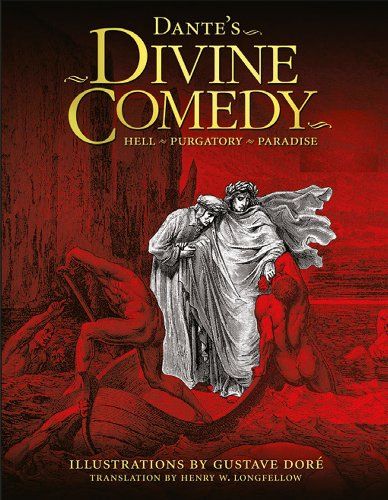
Significance: Medieval Literature played a crucial role in shaping the spiritual and moral values of its time, promoting a sense of unity and cultural identity among different regions of Europe.
4. Renaissance (14th – 17th century):
The Renaissance was a cultural rebirth that originated in Italy and spread across Europe. It celebrated humanism, classical learning, and individual creativity. William Shakespeare‘s plays, Petrarch’s sonnets, and Machiavelli’s political treatise “The Prince” are exemplary works of this period.
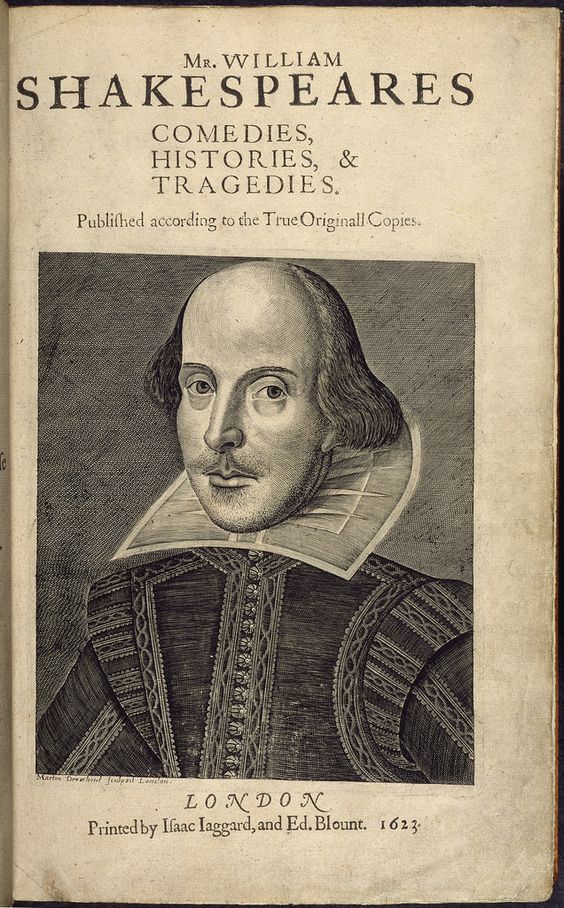
Significance: The Renaissance marked a significant shift towards human-centric values, fostering artistic innovation, and leading to a revival of classical literature, philosophy, and art.
5. Enlightenment (17th – 18th century):
The Enlightenment was an intellectual movement that emphasized reason, science, and individualism. Philosophers like Voltaire, John Locke, and Jean-Jacques Rousseau penned influential works, while literary figures like Jonathan Swift and Daniel Defoe tackled social and political issues through their writings.
Significance: The Enlightenment challenged traditional religious and societal norms, encouraging critical thinking and setting the stage for modern democracy and human rights.
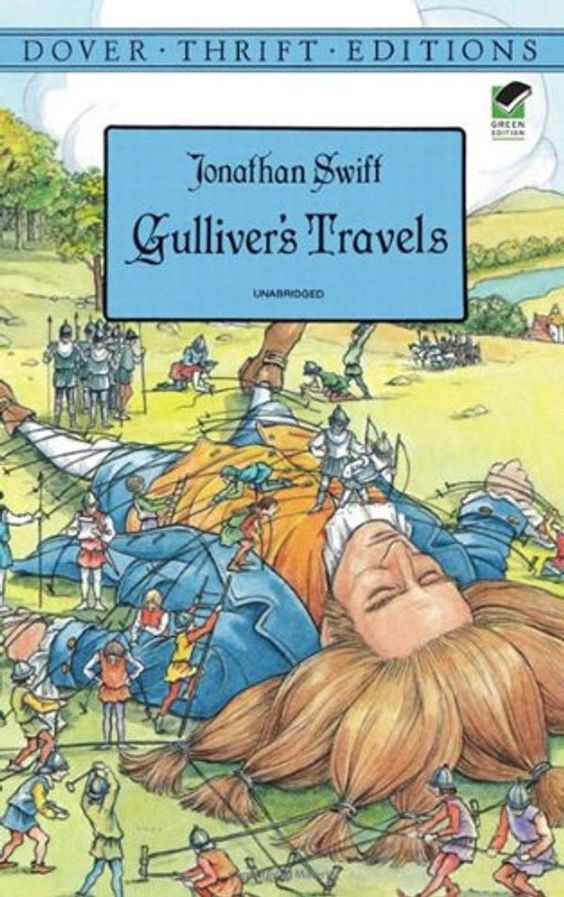
6. Romanticism (late 18th – mid 19th century):
Romanticism exalted emotion, nature, and individualism. Poets such as William Wordsworth, Samuel Taylor Coleridge, and Lord Byron expressed intense emotions in their works, celebrating the beauty of nature and the power of imagination.
Significance: Romanticism marked a reaction against the industrial revolution and the rationality of the Enlightenment, emphasizing the value of personal experience and emotional expression in literature.
7. Victorian Literature (19th century):
The Victorian era was characterized by moral earnestness and a sense of social responsibility. Authors like Charles Dickens, Jane Austen, and the Brontë sisters depicted the challenges faced by the Victorian society, addressing issues like class disparities, women’s rights, and industrialization.
Significance: Victorian Literature played a pivotal role in advocating for social reforms and highlighting the struggles of the working class and marginalized groups.
8. Modernism (late 19th – mid 20th century):
Modernism sought to break away from traditional literary forms and experimented with new narrative techniques. T.S. Eliot’s “The Waste Land,” James Joyce’s “Ulysses,” and Virginia Woolf’s “Mrs. Dalloway” exemplify the innovative spirit of this period.
Significance: Modernist literature explored the complexities of human consciousness, identity, and the impact of modernity on individuals and society.
9. Postmodernism (mid 20th century – late 20th century):
Postmodernism embraced a fragmented and self-conscious approach to storytelling, questioning the nature of truth and reality. Writers like Italo Calvino, Thomas Pynchon, and Salman Rushdie pushed the boundaries of narrative structure and metafiction.
Significance: Postmodernism challenged established norms and conventions, reflecting the uncertainties and contradictions of the contemporary world.
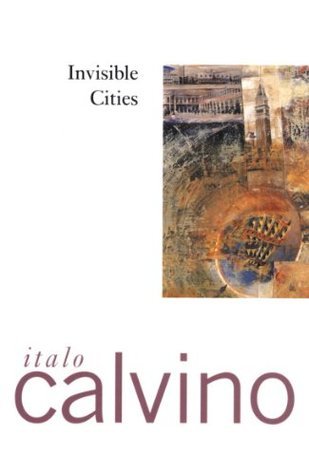
10. Contemporary Literature (21st century):
Contemporary Literature encompasses a wide range of diverse voices, reflecting the complexities of our interconnected global society. With authors from various cultural backgrounds, genres, and styles, this period celebrates inclusivity and explores pressing issues of our time.
Significance: Contemporary Literature continues to evolve, providing a platform for underrepresented voices and addressing the challenges and opportunities of the 21st century.
Conclusion:
The evolution of literature through these ten literary periods is a testament to the enduring power of human imagination and creativity. Each period left an indelible mark on history, influencing culture, politics, and society. From ancient epics to postmodern deconstructions, literature continues to be a mirror reflecting our collective human experience, making it an everlasting source of inspiration and contemplation.
